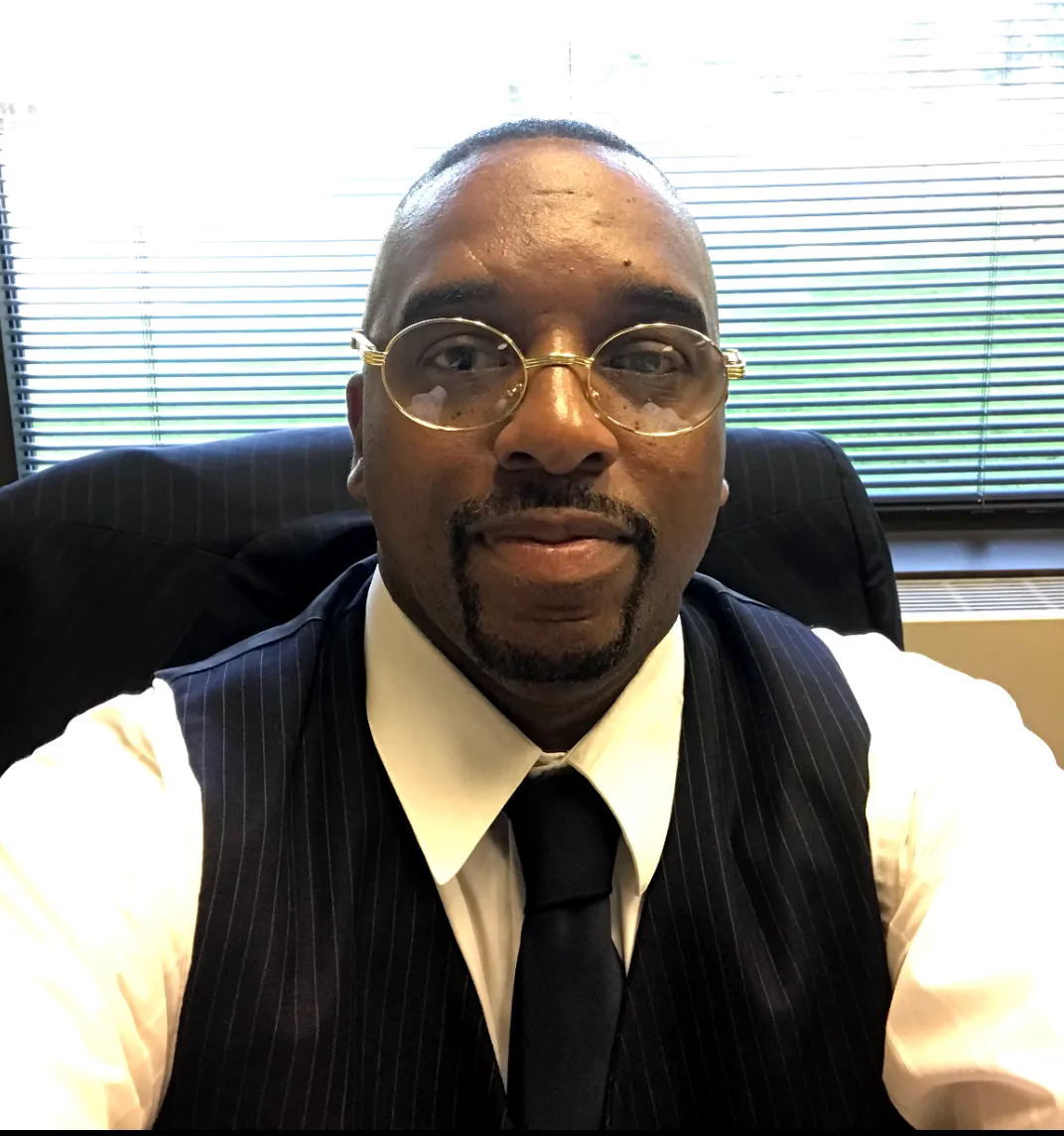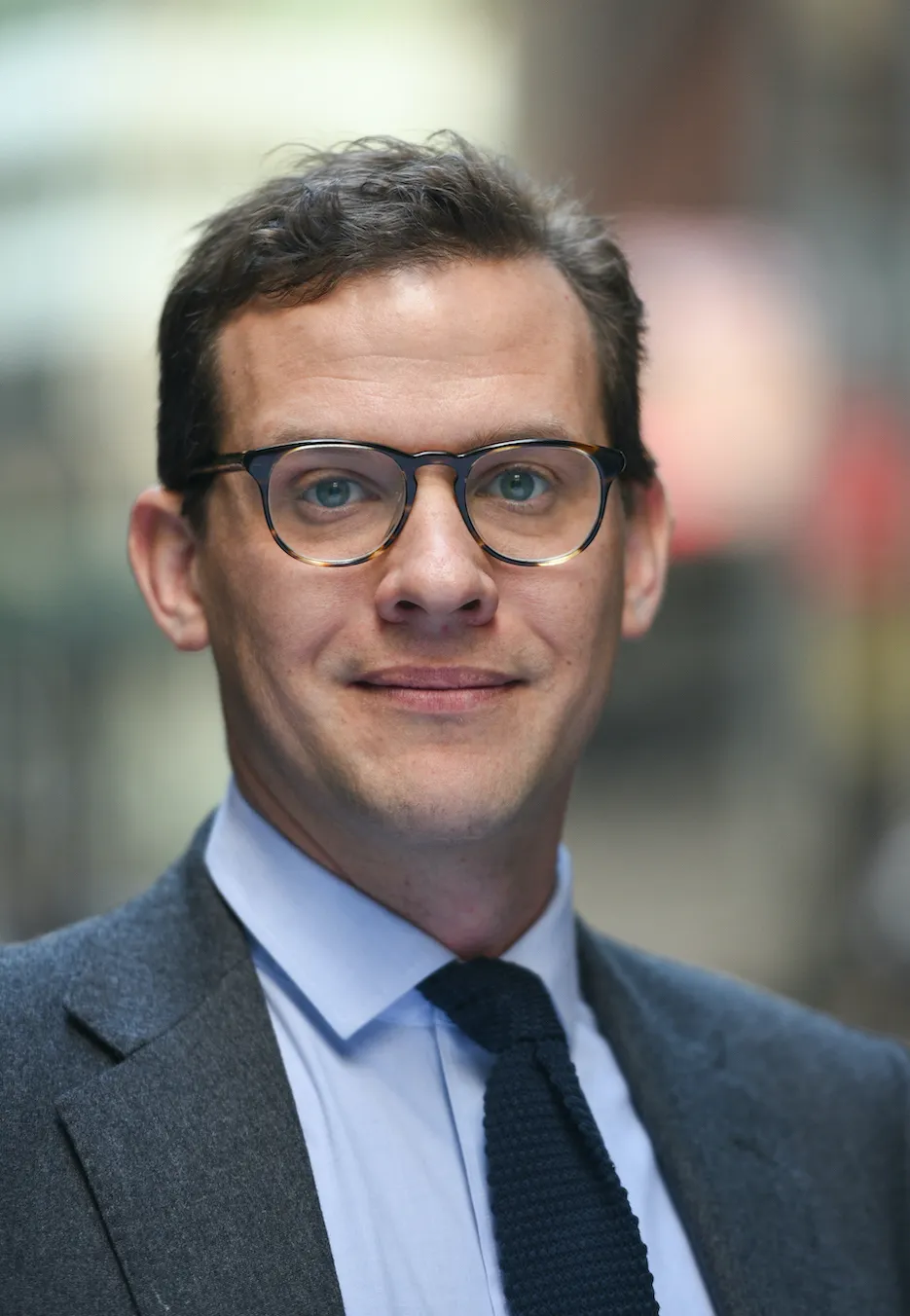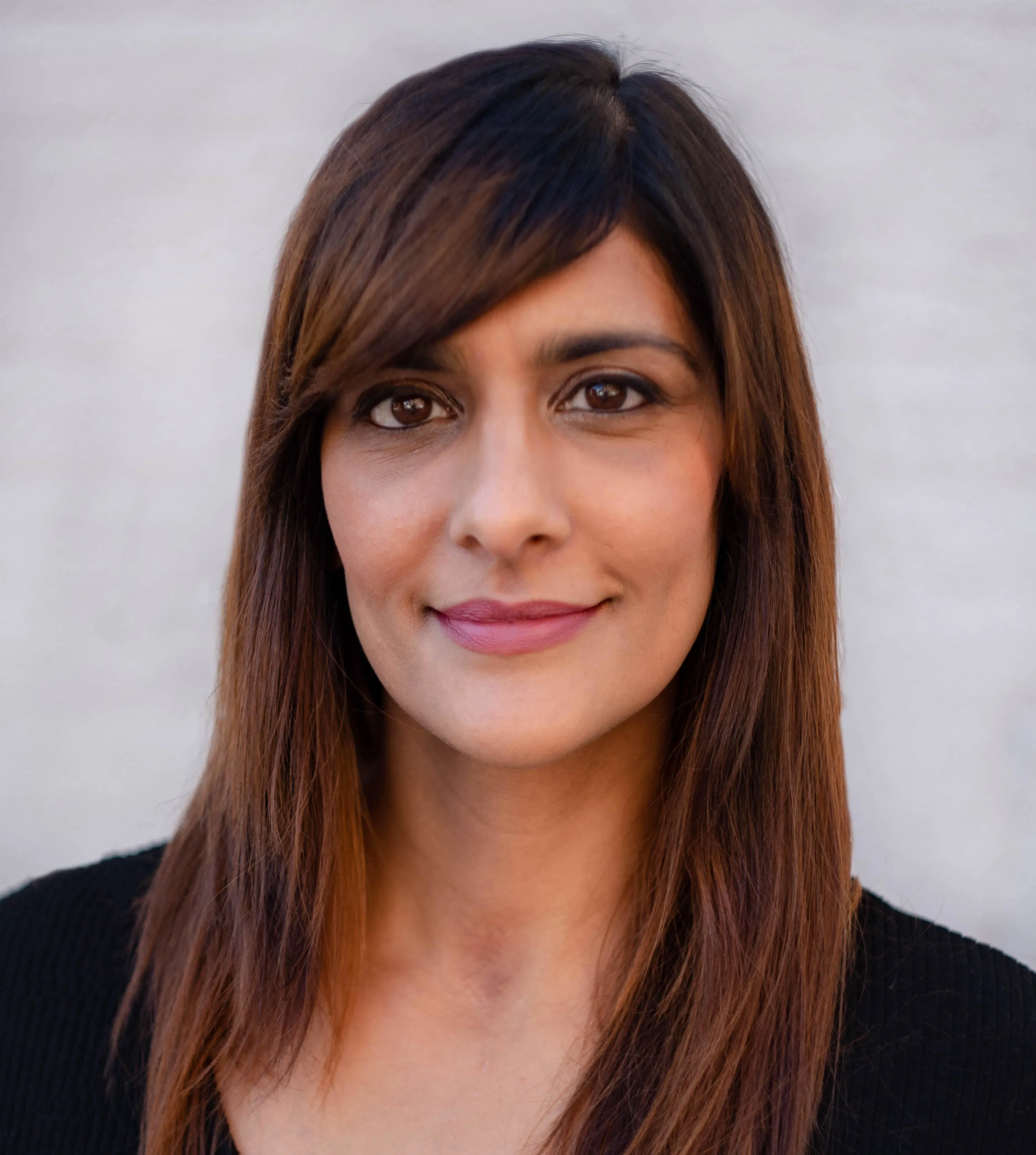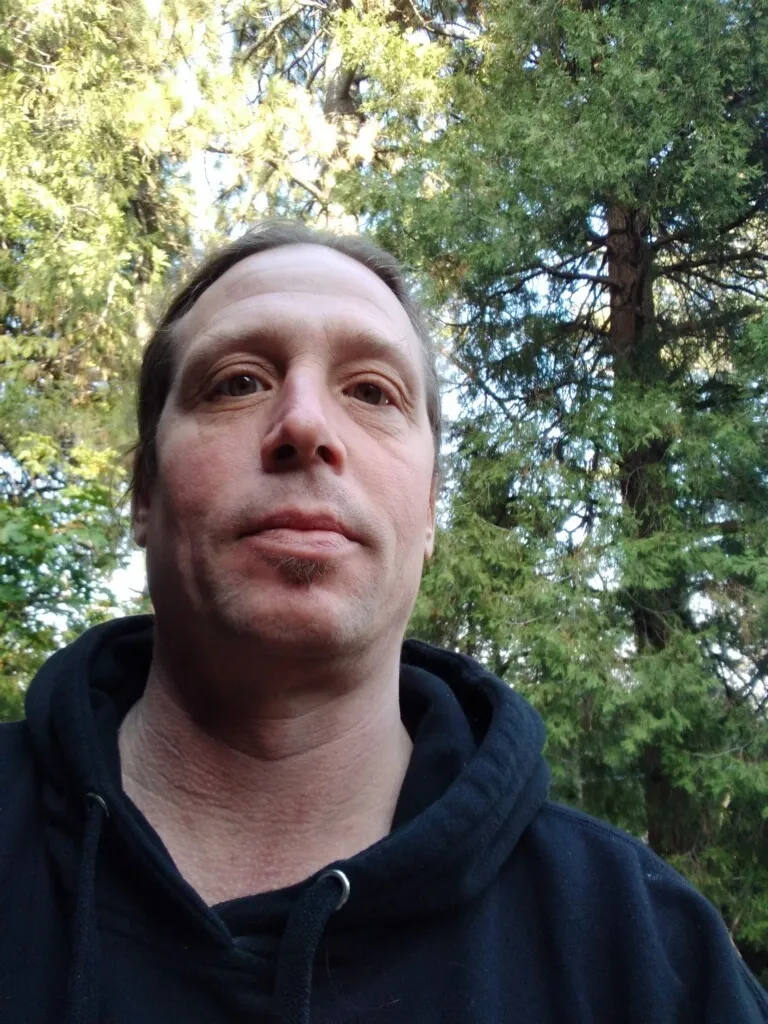Konrad was born and raised in the rough streets of Detroit, Michigan. As a promising student in school, he had hopes of one day attending college. However, due to an abusive father, he found himself homeless and living on the streets at age 13. This unfortunate and dangerous turn of events caused his life to go in a very different direction. After a drug deal gone bad left two men fatally shot, Konrad decided to turn himself in to the police.
“Immediately after the incident, I went to my mother and told her what had happened,” Konrad says. “After talking it over with her and praying, something in me felt different. I knew that I had to take responsibility and face the consequences. I wanted to change; I was done with living the street life.”
By 1991, Konrad was serving two life sentences in a Michigan state prison, but the terms were eventually reduced to 29 years in total. Even before the sentence reduction, Konrad says that he refused to adopt a “prison mentality” and give up on having a future outside of incarceration.
“I learned that you don’t have to be a product of your environment. I’d come to prison as a product of my previous environment. Once I was there, I didn’t want to make the same mistake again.”
Konrad immediately signed up for the institution’s education program, and within six months he received a high school diploma. From there, he started tutoring other students, before moving on to further his education. Soon after graduation, Konrad enrolled in the institution’s college program, but unfortunately, it was terminated before he could complete the courses. Undeterred, he took advantage of trade classes offered by the facility and began earning various certifications.
Konrad always had a passion for writing, but after becoming homeless at age 13, he had mostly given up on that dream. Ironically, incarceration allowed him to revive his passion and aspiration to be a writer. Konrad went on to write numerous books while in prison. One of the books he wrote was Blurred Visions: The Making of An At-Risk Youth. Konrad says that he wanted to write a story using his own life as a blueprint to show what creates an at-risk youth, as well as how to address the issue before it leads to potential violence and incarceration.
Taking notice of his writing abilities, the warden asked Konrad to adapt a novel into a play to be performed at the institution. The novel was Pulitzer Prize-winning columnist Leonard Pitts Jr.’s Before I Forget, a social critique exploring the role of African-American men and fathers in society. Before the performance, copies of the novel were disseminated to everyone at the prison. The outcome was a success, and Konrad received a personal letter from Mr. Pitts Jr. thanking him for his contribution.
In 2011, Konrad started courses with Central Michigan University’s “Inside-Out Prison Exchange Program”, which connects university students with incarcerated men for a full semester of courses taught within the prison by college professors.
“I am so thankful for that experience,” Konrad says. “I built such strong relationships with my professors, and although I didn’t realize it at the time, it ended up preparing me for life when I got out.”
After nearly three decades of incarceration, Konrad returned to Detroit in 2018. With employment being his top priority, a friend suggested he check out the Center for Employment Opportunities (CEO).
“After my release, when I got involved with CEO, that changed my life,” he says. “They saw something in me that I hadn’t even seen in myself at the time.”
Konrad began working with CEO crews cleaning out vacant, run-down residences in his former neighborhood. He says that “removing blight” is important, and it felt good to be a part of an organization bringing safety back to the community.
In Detroit, Konrad hit the ground running, and secured a job at a local hospital as a Certified Peer Support Specialist (CPSS) assisting individuals throughout their rehabilitation process. From there, he became involved in community efforts. These ranged from working with members of the City Council to serving as a community liaison for the local police precinct. As a community liaison, Konrad worked to bridge divides and alleviate tensions between officers and offenders with volunteer counseling and weekly chaplain services.
Konrad later moved to Grand Rapids to be near his pastor, a close friend, and confidant who stayed by his side while he was incarcerated. However, Grand Rapids operated very differently from Detroit, and Konrad soon found himself facing new barriers to employment. In Grand Rapids, many employers required an applicant to be at least 15 years removed from any connection to the department of corrections. This requirement was strictly enforced for positions in the healthcare industry where Konrad worked, no matter one’s training or certifications.
“I’ve never been discouraged by adversity,” Konrad says. “You can’t let it deter you or get you down; you just have to figure out how to get past it. It doesn’t have to be the end.”
Konrad says that this exclusion is originally what motivated him to start his own nonprofit organization, using CEO’s program as his model.
“I wanted to use the same procedures and protocols that CEO uses to help justice-impacted individuals reintegrate into society, because I think it’s an effective approach.”
Konrad’s nonprofit, “Resurrection Back2Life”, is a tribute to his pastor’s church, Resurrection Fellowship. He says that he chose the name because he wants his organization to offer returning citizens a second chance at life.
“For individuals leaving incarceration, I want to instill the mindset that you are coming back to life. You don’t have to see yourself as just someone who has been in prison. You’re not an ex-felon or ex-con—you’re a returning citizen.”
In addition to the non-profit organization, Konrad is preparing to open a transitional house in Battle Creek, MI as part of The Washington Heights Entrepreneurial Fund, a $2 million grant from the W.K. Kellogg Foundation. He calls it a “transitional housing center” because he wants it to be more than just a place where people stay.
“I want it to be a place where you can come to learn life skills, cognitive thinking skills, and how to navigate the world after incarceration.”
Konrad says that he simply has a passion to serve the people of his community.
“If it helps just one person get their life back on track, then it was worth it.”




